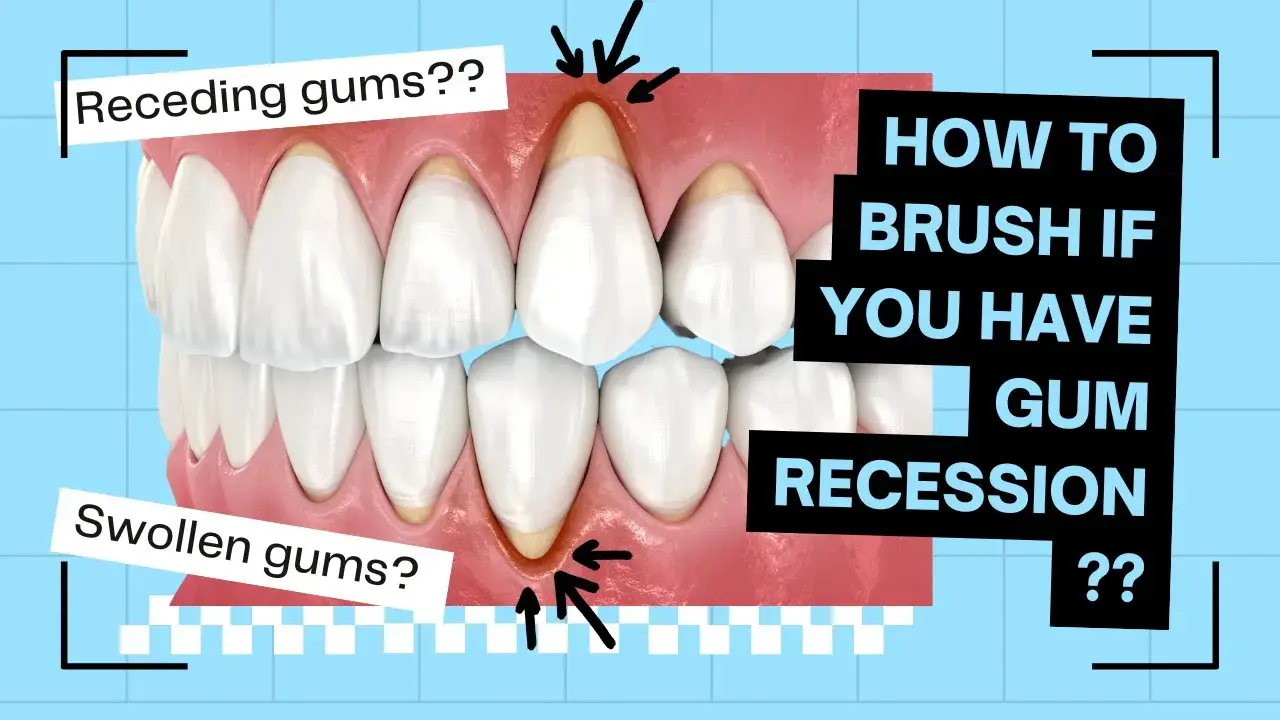About The Video
Dr. Jaclyn also discusses scenarios where a crown can be placed without a prior root canal, focusing on the factors that determine the need for each treatment. She emphasizes that the decision depends on the specific condition of the tooth and highlights the benefits of avoiding unnecessary procedures whenever possible. For personalized advice, consult your dentist to determine the best approach for your situation.
Root canal treatment and crowns often go hand-in-hand, especially for teeth that have suffered significant damage or infection. A root canal is necessary when the nerve inside a tooth becomes inflamed or infected, usually due to large decay or cracks. This treatment removes the inflamed nerve, disinfects the root canals, and fills them to prevent future issues.
After a root canal, a crown is usually recommended to protect the tooth, as it becomes more fragile and prone to damage. However, not all teeth require a root canal before getting a crown. If a tooth has minor issues or superficial cracks not affecting the nerve, a crown can often be placed without prior root canal treatment. Your dentist will assess the condition of your tooth and decide the best course of action, balancing the need for treatment with the goal of preserving your tooth’s health and function.





